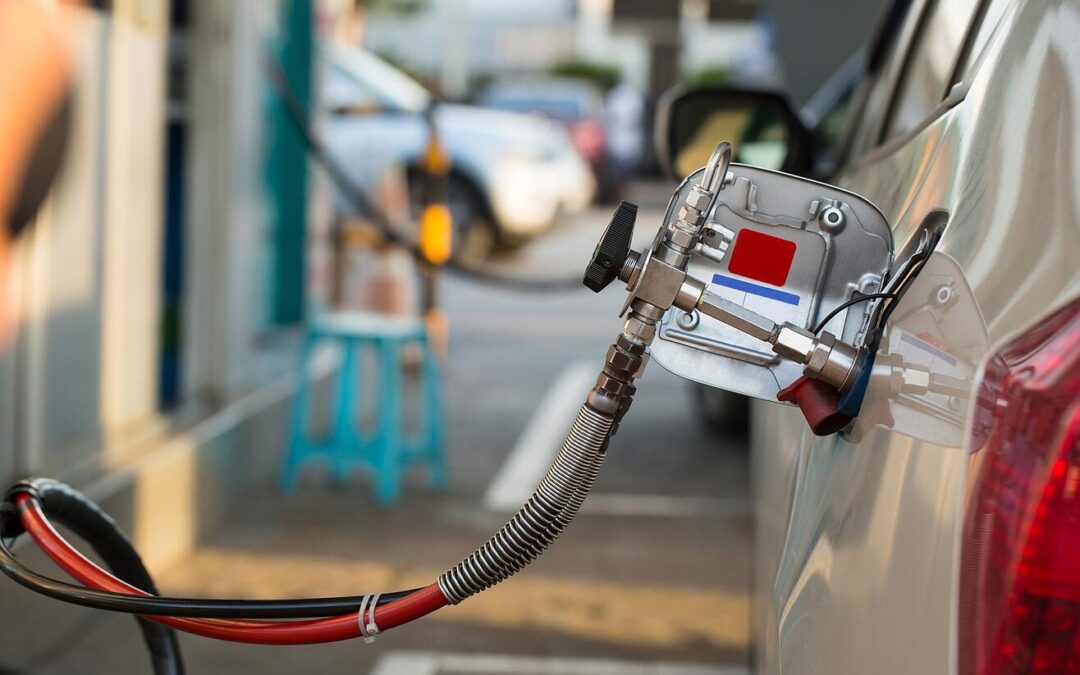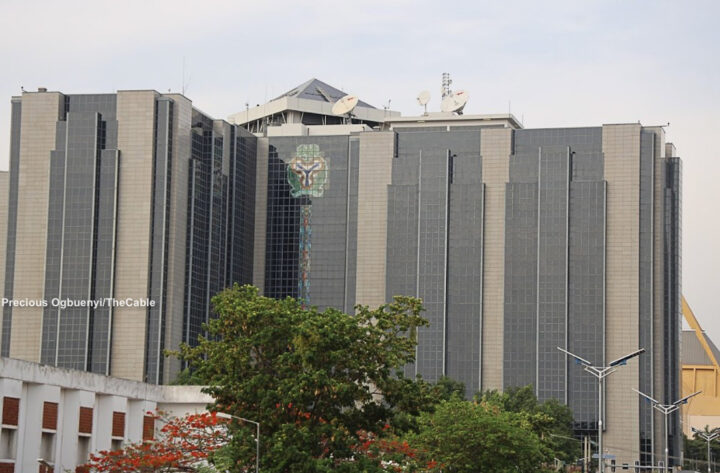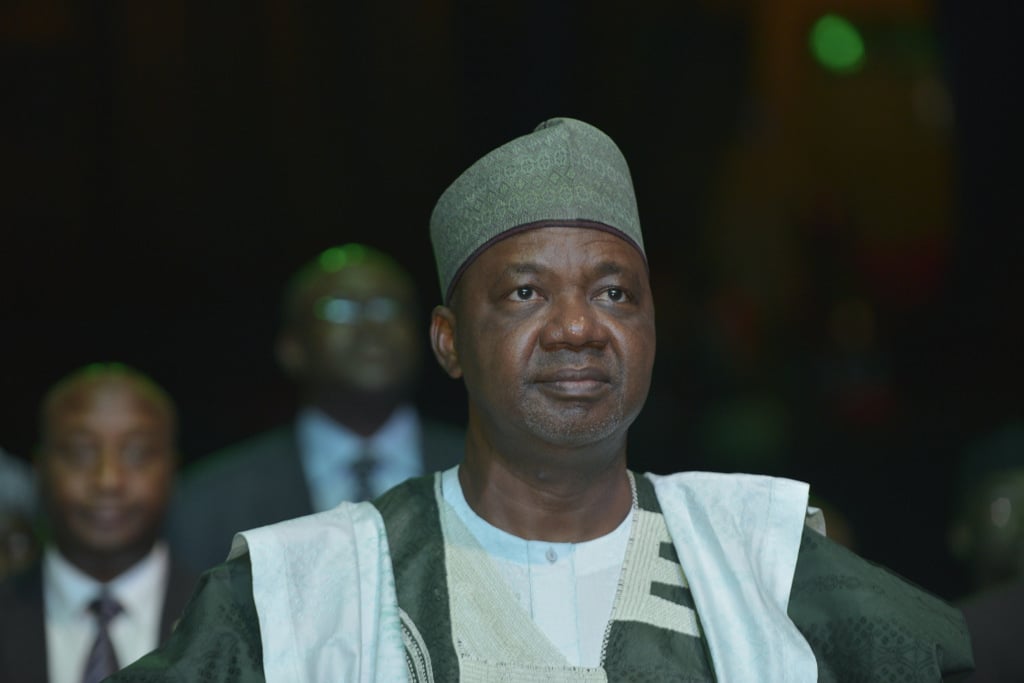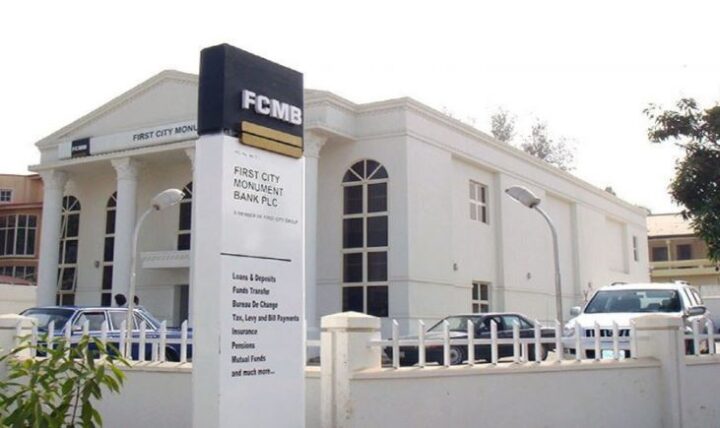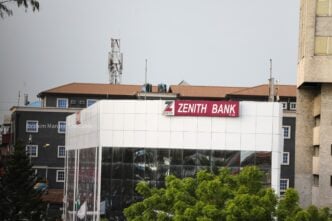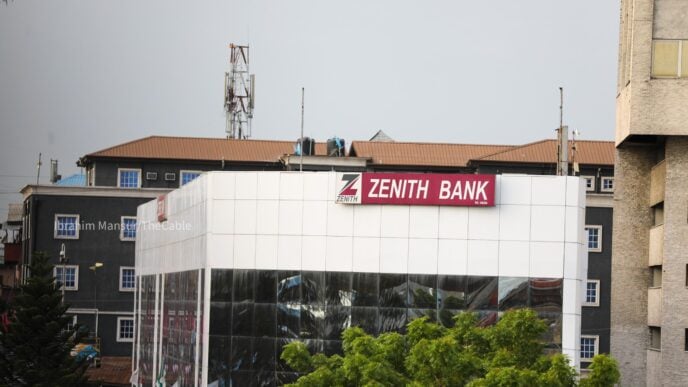The federal government has launched a national supply framework to stabilise pricing and improve access to compressed natural gas (CNG) as demand surges across the country.
Michael Oluwagbemi, programme director of the Presidential Compressed Natural Gas Initiative (P-CNGi), announced the new mobility-CNG supply framework during a flag-off ceremony on Tuesday in Abuja.
He said the framework, implemented in collaboration with the Nigerian Midstream and Downstream Petroleum Regulatory Authority (NMDPRA), the Nigerian National Petroleum Company (NNPC) Limited and the Gas Aggregation Company of Nigeria (GACN), aims to build a nationwide supply strategy that ensures stable, transparent, and cost-reflective pricing of CNG.
“In an economy where gas is used for multiple purposes, there was potential for arbitrage,” Oluwagbemi said.
Advertisement
“This framework prevents that by creating a proper market for auto CNG — where demand, payment, and supply are all structured.”
He added that the growing market has led to an increase in autogas stations — from 20 in 2023 to over 65, with more on the way.
“We now have 28 new stations coming up. By incentivising the private sector and ensuring pricing stability, we’re delivering cleaner, more secure energy for Nigerians,” he said.
Advertisement
The framework also introduces a pricing mechanism that aligns with upstream costs while remaining affordable for end users — a policy backed by NMDPRA’s concessionary pricing structure for the auto CNG sector, which was approved in 2024.
Chijioke Uzoho, managing director of GACN, said the pricing system would promote regulatory alignment and ensure that all gas deliveries under the framework are adequately accounted for.
In a technical presentation, Oche Agbese, gas trading manager at GACN, said an additional 20 million standard cubic feet per day (mscfd) of gas has been secured to meet growing demand, bringing the total available supply to 40 mscfd.
He said the initiative is working with the Nigerian Upstream Petroleum Regulatory Commission (NUPRC) to unlock stranded gas assets and improve supply infrastructure, including deploying high-capacity CNG trailers for efficient transportation.
Advertisement
Omolara Obileye, P-CNGi’s business development and strategy coordinator, said the programme has attracted $500 million in investments and trained over 2,500 technicians since inception.
She added that the CNG footprint now covers 21 states, with 10 more set to join in the coming months.
Obileye said the development would lower governance costs and boost revenue through expanded domestic gas use.
Advertisement
